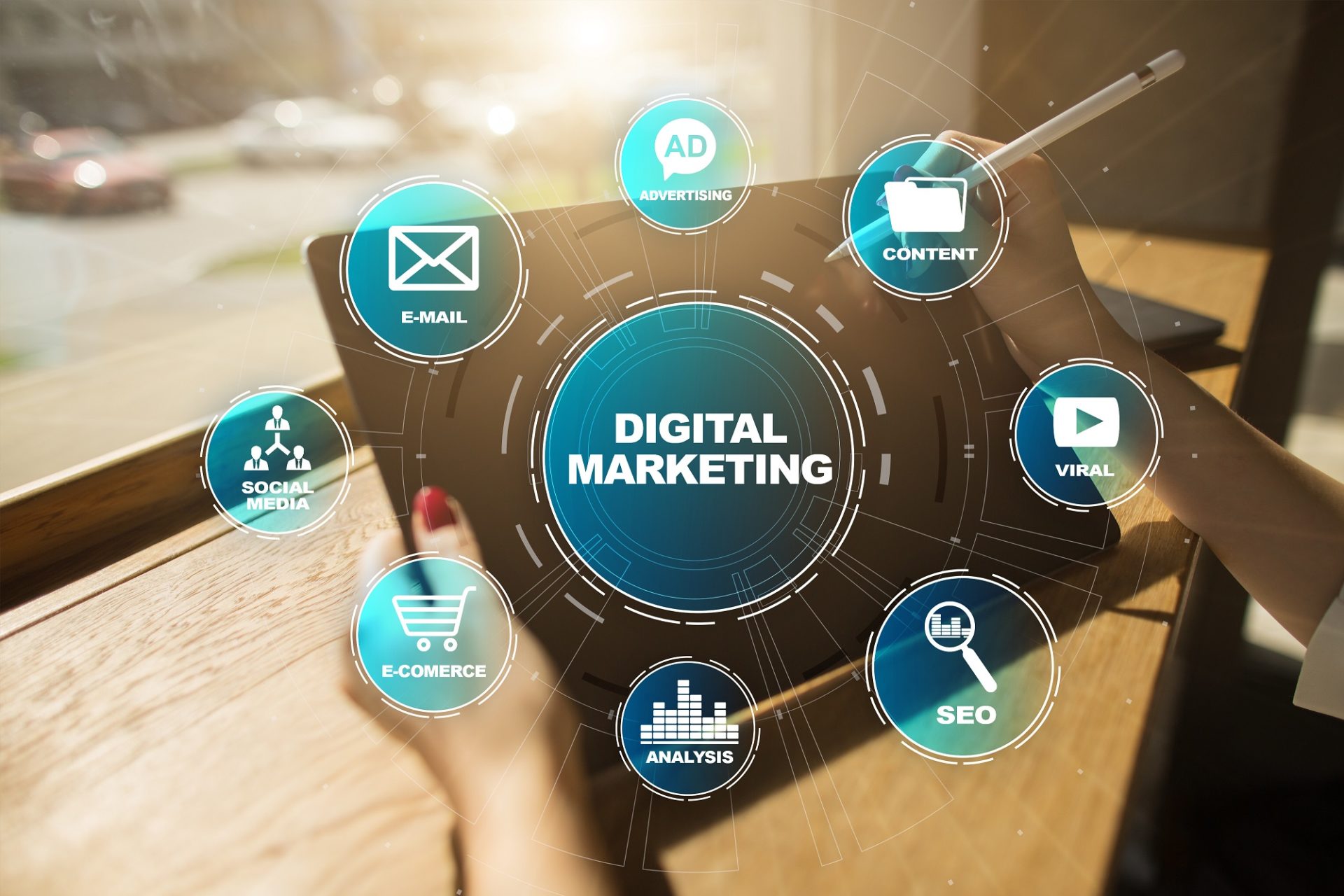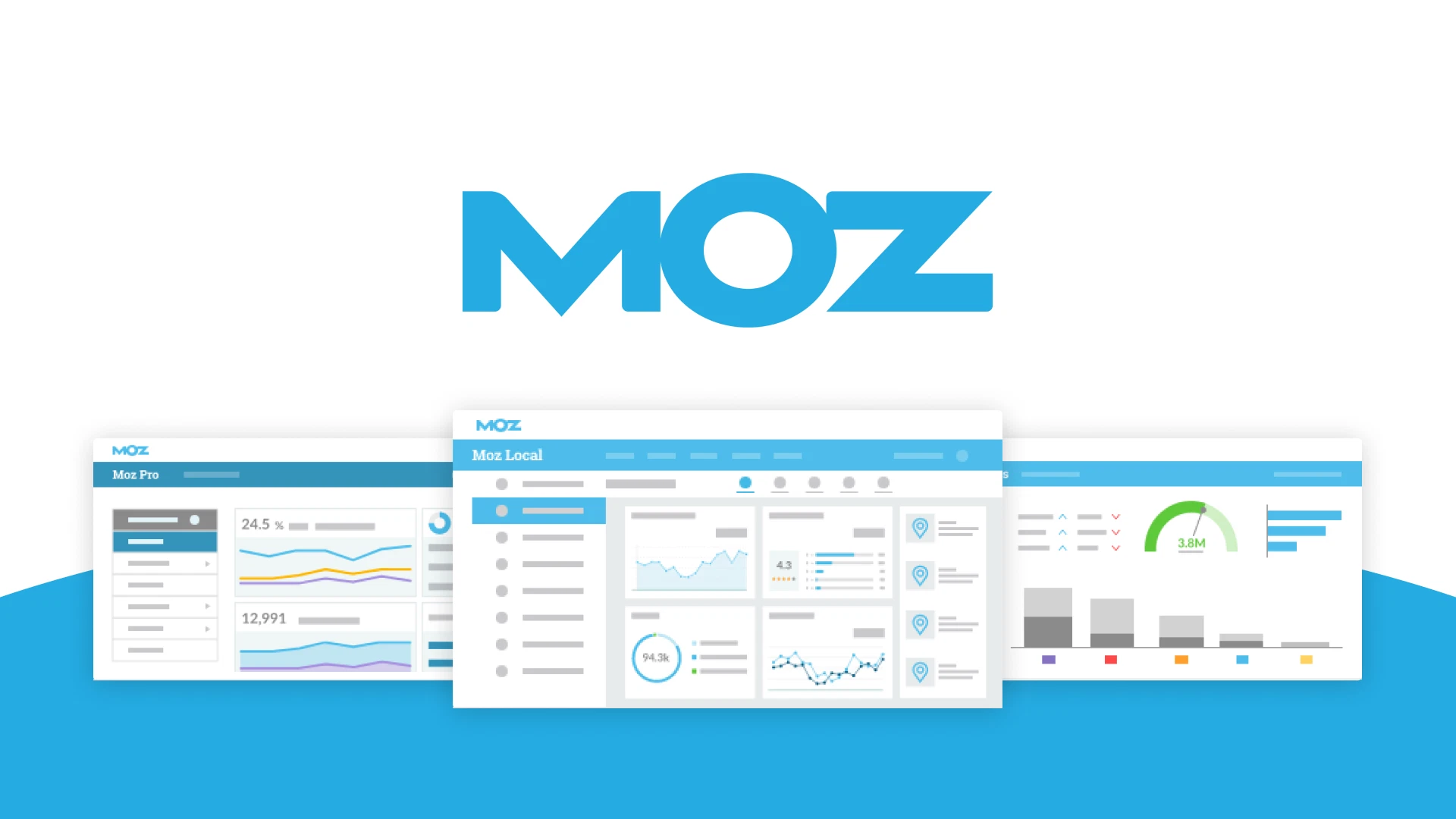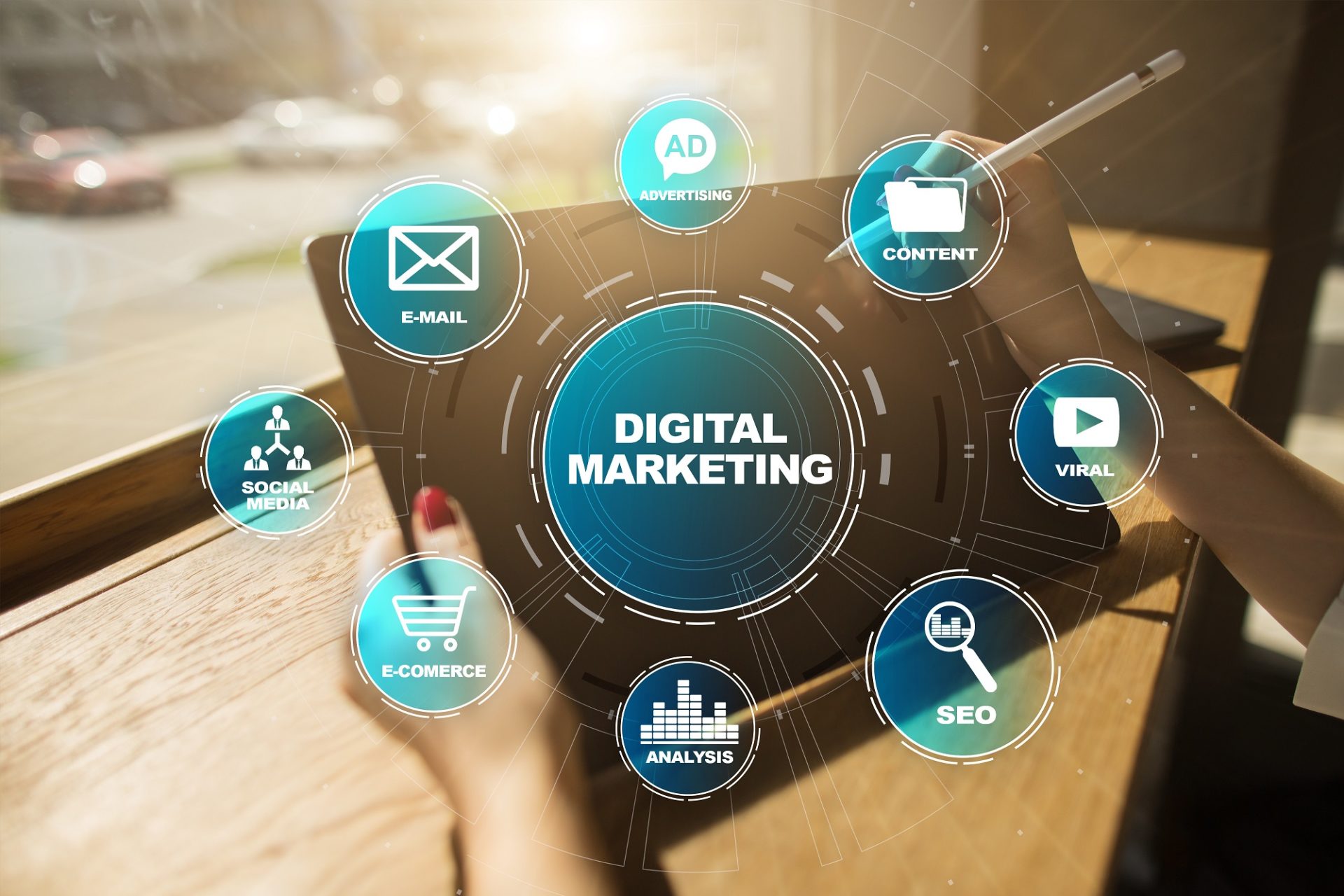If you are also one of those asking what is off page SEO optimization, it is a crucial component of search engine optimizing that focuses on improving a website’s visibility and ranking through external means, beyond the content and technical structure of the website itself. While on-page SEO deals with elements within a website, such as content, meta tags, images, internal links, and HTML source code, off-page optimization encompasses all the activities performed outside the boundaries of the website to influence its position in search engine results pages (SERPs).
Table of Contents
ToggleWhat is Off Page SEO Optimization
To better understand what is off page SEO optimization, the primary goal of such strategy is to create a strong digital footprint and authoritative reputation for a website by leveraging various external signals, most notably backlinks, social media engagement, brand mentions, and other forms of online reputation. To understand off-page SEO more deeply, it’s essential to start with the concept of backlinks, which remain at the core of this strategy.
Backlinks, also known as inbound or incoming links, are those pointing from one website to another. Search engines like Google view these as votes of confidence. If a site receives numerous ones from reputable and relevant websites, it signals to search engines that the content is valuable, trustworthy, and authoritative. The quality, quantity, and relevance of these links are all critical factors in determining a site’s credibility and, by extension, its rankings in search results.
However, while defining what is off page SEO optimization, not all backlinks carry the same weight. Links from authoritative domains such as government websites, educational institutions, and well-established media outlets are far more beneficial than those from low-quality or spammy sites. This distinction leads to the importance of link quality in off-page SEO. The ideal backlink is one that is natural, relevant to the website’s niche, placed within the content, rather than in footers or sidebars, and uses anchor text that appropriately reflects the linked content.
Earning such high-quality backlinks usually involves creating outstanding content, engaging in effective outreach strategies, guest posting on authoritative blogs, and sometimes collaborating with influencers or industry leaders. One of the most recognized techniques to build backlinks organically is through content marketing. When a website consistently posts valuable, informative, and engaging content, other webmasters and bloggers are more likely to reference it in their own posts, resulting in natural backlinks.
At this stage of defining what is off page SEO optimization, remember that evergreen content, in-depth guides, research studies, original data, infographics, and interactive tools often attract more links than generic blog posts. Additionally, producing shareable content increases the likelihood of being cited by others, especially if the content offers unique insights or solutions not readily available elsewhere. Another significant aspect of off-page SEO is social media engagement.
While social signals, such as likes, shares, retweets, etc., may not be direct ranking factors according to Google, their influence is undeniable when it comes to amplifying content reach, driving traffic, and indirectly generating backlinks. When content is widely shared on platforms like Facebook, Twitter, LinkedIn, Instagram, and others, it reaches a larger audience, increasing the chances that someone will link back to it from their own website or blog. Moreover, an active presence on social media platforms helps establish brand authority, credibility, and audience trust, all of which contribute to the broader goals of off-page SEO.
On this other aspect of what is off page SEO optimization, online brand mentions, whether linked or unlinked, are also an increasingly important factor. With the advent of sophisticated algorithms and machine learning, search engines have become more adept at recognizing brand authority and influence through mentions across the web. Even if a brand name is not hyperlinked, frequent mentions in forums, blog posts, news articles, or social media discussions can contribute to a website’s perceived authority.
This phenomenon is sometimes referred to as implied links, and it aligns with Google’s shift toward understanding semantic relevance and trustworthiness rather than relying solely on direct link metrics. Influencer marketing is another strategic component of what is off page SEO optimization. Partnering with influential figures in a specific industry or niche can yield substantial benefits, from generating quality backlinks to increasing content visibility and brand awareness.
Influencers often have established audiences and high domain authority, so when they reference or promote your content, products, or services, it not only builds trust but also exposes your site to a new and relevant audience. These collaborations can take the form of sponsored posts, reviews, interviews, podcast mentions, or social media endorsements. In what is off page SEO optimization, closely related to influencer outreach is digital PR, which involves promoting your brand through online media coverage, press releases, interviews, and news features.
A successful digital PR campaign can lead to features on high-authority news websites, industry posts, and popular blogs, all of which can generate high-value backlinks and improve your website’s SEO profile. Moreover, digital PR helps build brand recognition and credibility, which are long-term assets for any business seeking to establish an authoritative presence online. Guest blogging, while sometimes overused or misused, remains a valid tactic in what is off page SEO optimization, when executed correctly.
Writing high-quality posts for reputable websites in your industry can help you reach new audiences and earn backlinks. However, as you start to understand what is off page SEO optimization, the focus should always be on value and relevance rather than simply acquiring links. Google has been clear in its guidelines about penalizing manipulative link-building practices, such as exchanges, paid deals without proper disclosure, or mass-produced low-quality guest posts. The best approach is to target reputable blogs with real readership and to offer well-written, original content that genuinely contributes to the host site’s value.
Forum participation, Q&A platforms, and niche community engagement are other forms of off-page SEO that can contribute to a site’s visibility and perceived expertise. Platforms like Quora, Reddit, Stack Overflow, and niche-specific forums allow individuals to demonstrate knowledge, provide helpful answers, and link back to their content when appropriate. However, such links are often nofollow, meaning they do not pass SEO value directly. Still, they play a role in referral traffic, brand visibility, and even long-term link opportunities if the content gains traction.
Directory submissions, though once a staple of what is off page SEO optimization in its early days, have largely diminished in value due to widespread abuse. However, submitting a website to relevant, high-quality directories can still be beneficial, especially in localized SEO efforts. For example, being listed in business directories such as Yelp, Google Business Profile, Bing Places, and local chamber of commerce sites can help improve local search visibility and support other local SEO initiatives.
Local search engine optimization itself is a distinct but interrelated area of off-page SEO. For businesses serving specific geographic areas, such efforts including citation building, customer reviews, and partnerships are crucial. Consistent business name, address, and phone number data across various platforms help search engines verify business legitimacy and location, which improves rankings in local results. Customer reviews, especially on platforms like Google, Yelp, and industry-specific review sites, also influence local rankings. Encouraging customers to leave positive, genuine reviews can enhance a business’s online reputation and visibility.
Content syndication, or the process of reposting on third-party sites, can also be part of what is off page SEO optimization. While this strategy usually includes canonical tags or links back to the original source to prevent duplicate content issues, it still helps broaden reach and potentially earn backlinks. However, it should be done carefully to ensure that the original site retains credit and that search engines understand which version of the content is the main source.
Podcasts and video marketing, while often considered part of content marketing, also have strong implications in what is off page SEO optimization. Appearing on or hosting podcasts can help build backlinks through episode show notes, guest captions, and promotional materials. Similarly, creating videos for platforms like YouTube not only provides exposure but also opens opportunities for links and embeds from other content creators. The platform itself is the second largest search engine globally, and videos that perform well can significantly enhance brand visibility and drive traffic.
Another growing area of what is off page SEO optimization is reputation management. This involves actively monitoring and influencing how a brand or website is perceived online, with tools can track brand mentions, reviews, and customer feedback, allowing businesses to respond promptly. Addressing negative reviews, correcting misinformation, and proactively promoting positive stories or testimonials can improve public perception and reduce the impact of negative content on search engine rankings.
The concept of expertise, authoritativeness, and trustworthiness has also become central to what is off page SEO optimization. While it is often applied within on-page content, its effects are significantly influenced by factors for our context. For instance, the presence of backlinks from authoritative sources contributes to a website’s authority. Positive reviews and mentions enhance trustworthiness, while citations from experts or industry bodies signal expertise. Search engines prioritize content from sources that demonstrate all of this, especially in niches where misinformation could cause harm, such as health, finance, or legal content.
As search engines continue to evolve, so too does the practice what is off page SEO optimization. Algorithms now consider a wide range of factors beyond traditional link-building. Machine learning, natural language processing, and semantic search are enabling search engines to understand context and intent better than ever before. This means that off-page SEO strategies must prioritize authentic, user-focused efforts over manipulative techniques. Creating real value, fostering genuine relationships, and building a strong online brand presence are the sustainable paths to SEO success.
What is off page SEO optimization is about building a website’s authority, trustworthiness, and relevance through external validation and signals. Backlinks remain a central pillar, but they are supported and enhanced by social engagement, content promotion, influencer outreach, digital PR, local citations, reviews, and brand mentions. Successful off-page SEO requires a holistic approach that integrates content strategy, relationship building, brand development, and ongoing reputation management.
As the digital landscape becomes more competitive and sophisticated, the importance of authenticity and high-quality in what is off page SEO optimization efforts continues to grow, making it an essential part of any comprehensive SEO strategy. It’s important to understand that while backlinks, social signals, and brand mentions are often viewed as the most visible elements, off-page optimization is truly about perception. It’s about how others see your website in terms of relevance, trust, and authority.
Search engines, especially Google, want to show users the best possible results. To do this, they evaluate not only the content and structure of a website but also how the rest of the internet interacts with and responds to that website.
The notion of trust is foundational in what is off page SEO optimization. Search engines attempt to assess whether a site can be trusted to deliver reliable, accurate, and safe information. One way they do this is by evaluating who is vouching for the site, through links, citations, or brand mentions. If reputable sites in a given industry frequently link to or mention a website, it sends a strong signal that the site is respected and valued by peers.
This is particularly crucial in websites that provide content related to health, finance, or safety. In these niches, the importance of off-page signals like expert endorsements, institutional links, and trustworthy citations becomes magnified.
Another layer to consider in what is off page SEO optimization is link diversity. Having a wide variety of backlinks sources, including blogs, news sites, forums, academic journals, social media, niche directories, and even video platforms, demonstrates natural growth and trust. If all links to a site come from one type of source, it may appear manipulative or unnatural. In contrast, a diverse backlink profile suggests that different segments of the internet ecosystem are engaging with the website’s content, thereby reinforcing its authority and relevance.
Moreover, the context in which a backlink appears is now more important than ever. Search engines evaluate not just the link itself, but the content surrounding it, the site’s relevance to the topic, and the user’s intent. A backlink embedded within a well-written, topic-related article is considered much more valuable than one placed in a sidebar, footer, or an unrelated context. This has made content relevance and contextual link placement a central focus of what is off page SEO optimization.
To dig deeper into what is off page SEO optimization, several ethical strategies have emerged that allow businesses to earn high-quality links in a sustainable manner. One such method is the Skyscraper Technique. This involves identifying high-performing content in your niche, creating something better, more comprehensive, updated, or visually appealing, and then reaching out to sites that linked to the original content to suggest linking to your improved version instead. This approach combines competitive research, content development, and outreach into a powerful off-page SEO tactic.
Broken link building is another effective strategy. It involves finding such links on relevant websites, usually through SEO tools, and suggesting one of your relevant pieces of content as a replacement. This is beneficial for both parties. The site owner gets to fix a dead link, and you gain a new backlink. This technique not only adds value to the site you’re reaching out to but also helps you earn a contextual backlink from a relevant domain.
Content-based link building strategies like these require strong outreach skills. Personalized email campaigns, genuine relationship-building, and value-driven proposals are crucial. Mass outreach with generic messages is rarely effective and can damage your reputation. Successful off-page SEO today requires a human touch, including building real connections with bloggers, journalists, content creators, and webmasters. Public relations and media outreach are becoming increasingly important in what is off page SEO optimization, particularly for building high-authority backlinks.
Digital PR goes beyond traditional press releases and involves crafting newsworthy stories, data studies, or expert commentary that journalists and bloggers can use in their own content. These stories often result in editorial links from high-domain-authority websites, which are incredibly valuable for SEO.
Another evolving area in what is off page SEO optimization is user-generated content and community engagement. Encouraging your audience to contribute reviews, testimonials, forum posts, blog comments, or social media interactions helps create a rich ecosystem of content around your brand. These mentions, discussions, and shared experiences build credibility and visibility, even if they don’t all come with followable links. Google increasingly looks at the holistic footprint of a brand online, meaning even unlinked brand mentions, if consistent and positive, contribute to trustworthiness and authority.
What is off page SEO optimization also intersects with the technical optimizing and user experience in less obvious ways. For example, a high bounce rate or low average session duration might suggest to search engines that users are not satisfied with your site, which could reduce its chances of earning or retaining backlinks. On the other hand, a site that users find useful, easy to navigate, and valuable is more likely to be shared and cited by others.
One of the more overlooked components of what is off page SEO optimization is mobile responsiveness and page speed. While these are typically categorized under the technical aspect, they influence factors like sharing and backlinking. A site that performs poorly on mobile or loads slowly may discourage users from linking to it or sharing it on social media. On the other hand, a streamlined, fast, mobile-friendly website encourages more engagement, which indirectly supports off-page goals.
International optimizing also falls under the umbrella of what is off page SEO optimization in some cases. If you’re targeting a global audience, you need to earn backlinks and mentions from sources abroad, not just from your home country. This helps signal to search engines that your content is relevant to users in different geographical locations. Multilingual backlinks, global brand mentions, and participation in international forums or communities all enhance your global off-page SEO profile.
As AI and voice search become more prominent, the nature of what is off page SEO optimization is evolving again. Entities and semantic searching are now more relevant than ever. Google’s algorithms use structured data, knowledge graphs, and entity recognition to understand not just links, but the relationships between topics, brands, and web entities. That means your off-page SEO strategy should also consider structured citations, schema markup, and building strong associations with relevant topics and keywords through consistent online mentions.
Additionally, monitoring your backlink profile regularly is crucial to avoid penalties and maintain authority. Not all links are beneficial, as spammy or toxic backlinks can harm your rankings. Tools like Google Search Console, Ahrefs, SEMrush, or Moz allow you to audit your link profile, identify potentially harmful links, and disavow them if necessary. In fact, a healthy link profile is natural, balanced, and free from manipulation.
Future-proofing what is off page SEO optimization involves staying updated with algorithm changes, adapting to new content formats, and always prioritizing user value. Gone are the days when link quantity alone could push rankings. Today, the emphasis is on link quality, topical relevance, user experience, and authentic engagement. Brands that focus on genuine relationships, valuable content, and building a positive online reputation will always fare better in the long run.
What is off page SEO optimization is not a standalone tactic but a multifaceted, ongoing process that extends across content, relationships, technology, and brand management. It requires a strategic blend of link building, social media engagement, digital PR, influencer outreach, reputation management, and user interaction. By earning trust and authority from external sources, off-page SEO acts as a powerful lever that complements on-page efforts, reinforces brand credibility, and drives sustainable organic growth in search engine rankings. In a digital world increasingly driven by authenticity, mastering off-page SEO is not just beneficial but essential.
At A Glance
What is Off Page SEO Optimization?
Off-page SEO optimization is the process of improving a website’s visibility, authority, and rankings in search engine results through actions taken outside the website itself. It focuses on external signals, such as backlinks, brand mentions, social media engagement, and online reputation, rather than on-page elements such as content or technical structure.Why are backlinks important in Off-Page SEO?
Backlinks act as votes of confidence from other sites, signaling to search engines that your content is trustworthy and valuable. High-quality links from authoritative, relevant sources carry far more weight than low-quality or spammy ones, helping to boost credibility and rankings.What strategies are used in Off-Page SEO?
Effective tactics include content marketing, influencer collaborations, guest posting, digital PR, local directory listings, social media engagement, broken link building, and participation in niche forums or communities. The focus is on earning natural, relevant links and building brand authority.How do social media and mentions affect Off-Page SEO?
While social signals like likes and shares aren’t direct ranking factors for what is off page SEO optimization, they expand reach, drive traffic, and increase the chances of earning backlinks. Similarly, both linked and unlinked brand mentions help search engines recognize authority and trustworthiness, contributing to better search performance.








